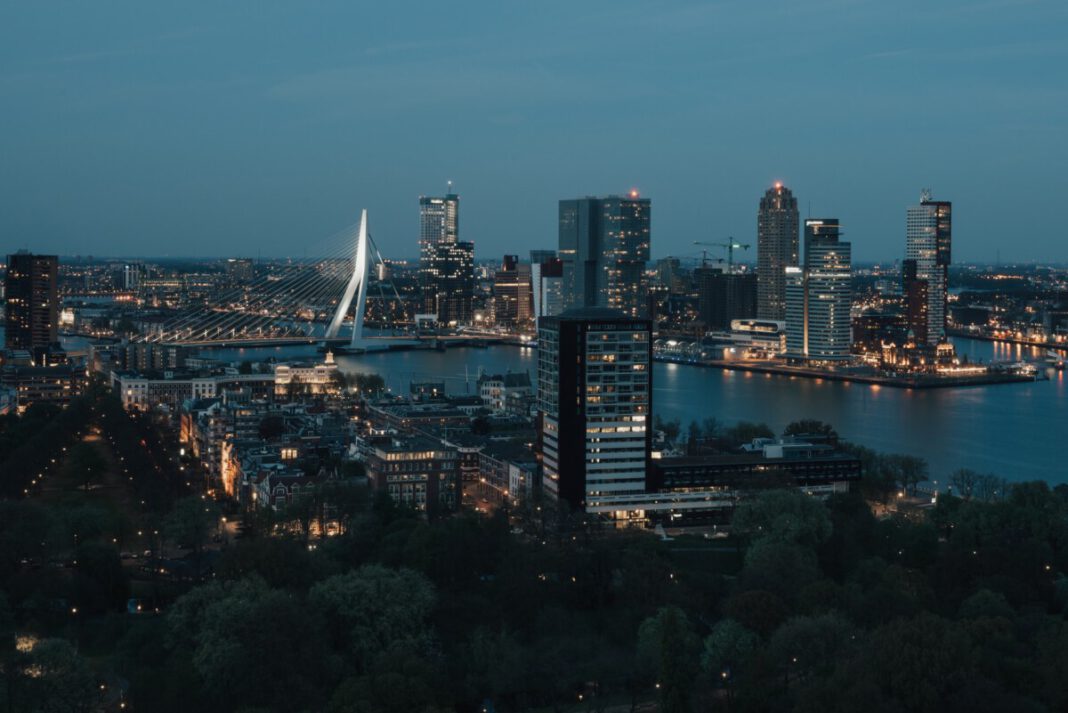The Central Bureau of Statistics (CBS) has announced that 2020 has seen the sharpest rent increase since 2014. Rental prices are on average 2.9% higher than this time last year.
As of July 1, the usual rent increase has taken place throughout the Netherlands. The majority of the Senate were in favour of postponing the normal increase this year due to coronavirus. However, Minister Ollongren of the Interior, rejected such opposition. She claimed that landlords will help those who cannot pay their rent.
This increase saw the highest jump in rental prices since 2014. The CBS believe this is due to inflation. The average inflation rate of 2020 was 2.6% with tenants paying between 5.1% and 6.6% higher rent than last year, depending on their income.
However, the real rent increase (average rent increase minus inflation) was at its lowest since 2009 at only 0.3%.
Den Haag and Rotterdam hit harder than Amsterdam
The highest increase in rent was seen, not in Amsterdam, but in Den Haag and Rotterdam. Rental prices in Amsterdam rose by an average of 3.5%, whereas Den Haag saw an increase of 3.6%, and Rotterdam an increase of 4.1%.
CBS has attributed this increase to the number of tenancy changes that are happening throughout the two cities. Rent will increase more sharply when a new tenant moves into a property.
New tenants worst affected
Indeed, new tenants will be among the worst affected by this increase. This is because landlords are not restricted by how much they can increase their rent if a new tenant moves into their building.
This year, new tenants will pay an average rent increase of 9.5% compared to previous tenants. In 2019, this increase was 8.2%.
Chief economist, Peter Van Hein Mulligan explains this to the NOS. “Due to the tightness on the housing market, you can see that the rental prices of neighbours in one complex can differ enormously. Some people have been renting for a low rate for 20 years. When they leave, the rent for the new tenants will immediately increase.”
Rents of social housing and private sector see lower increase
Many rental properties are owned by housing corporations. Tenants of social rental housing saw an increase in rent of 2.7%.
The trade association for housing corporations, Aedes has told the NOS that the financial situation of many tenants made a quick recovery following lockdown. A survey of tenants of 150 housing corporations has found that only 0.5% of tenants made use of payment arrangements.
Housing in the private sector has seen a lower increase this year when compared to last year. In 2020 the average rent for tenants has increased by 3%, in 2019, this number was 3.3%.
On top of this, there has been no major increase in rent arrears. This is believed to be due to governmental support during the coronavirus crisis.
How have you been affected by the increase in rent? Tell us in the comments below!
Feature Image: Stijn Hanegraaf/Unsplash



